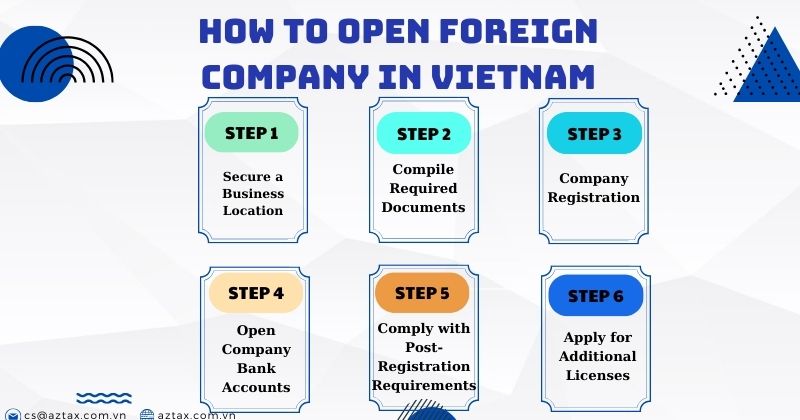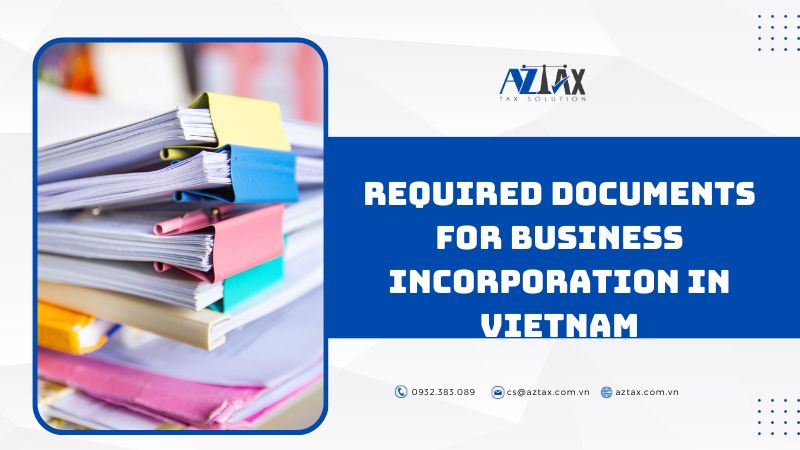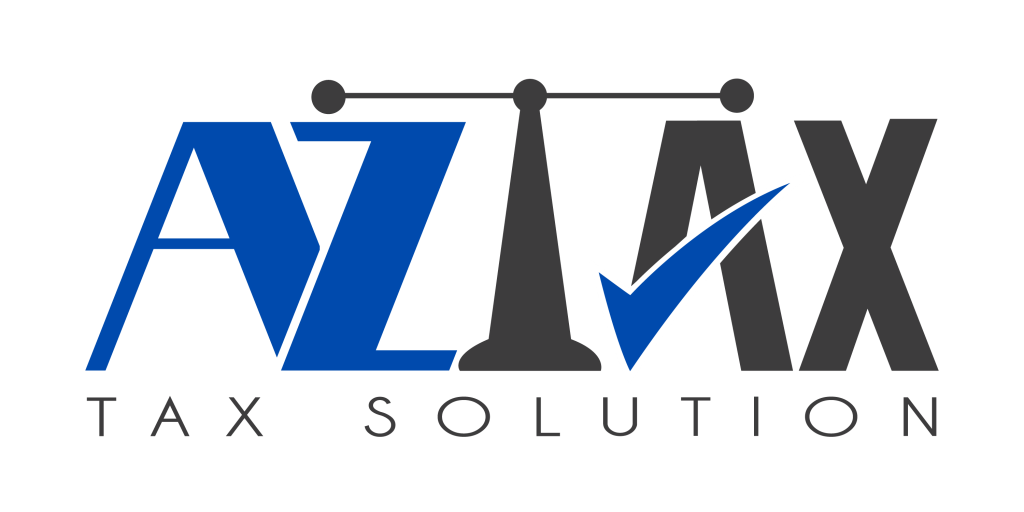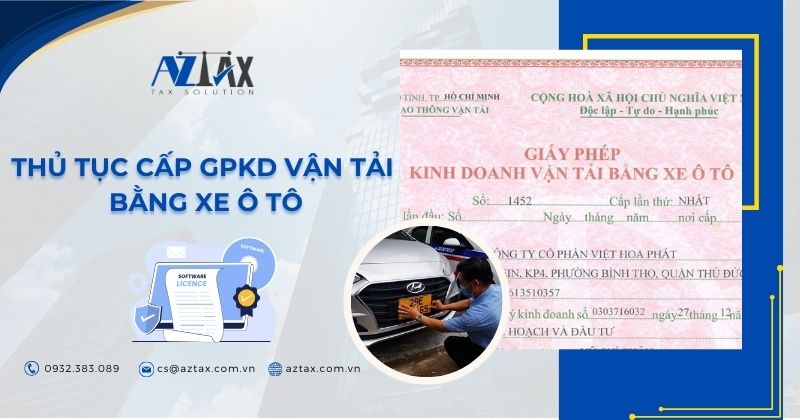How to open foreign company in Vietnam? Embarking on the journey to open a company in Vietnam as a foreigner involves navigating a detailed step-by-step procedure. Understanding the actual process, requirements, and associated costs is pivotal for a seamless business launch. Below is a comprehensive guide providing insights into the essential aspects of setting up a Vietnamese company for foreign investors.
1. How to open foreign company in Vietnam
Embarking on the journey to open a foreign company in Vietnam necessitates a nuanced understanding of the intricate processes and regulatory landscape governing international business ventures.

This guide aims to provide a comprehensive overview, offering step-by-step insights into the key considerations, legal requirements, and strategic maneuvers involved in establishing a foreign presence within Vietnam. From navigating registration protocols to grasping financial intricacies, this resource serves as a valuable roadmap for entrepreneurs and investors venturing into the vibrant and rapidly evolving Vietnamese market
Step 1: Secure a Business Location
Locate a suitable business address, sign a lease contract with the landlord, and request necessary legal documents, including a certificate of land rights use.
Step 2: Compile Required Documents
Under the guidance of your legal team, gather and notarize all necessary documentation. Translate the documents into Vietnamese, and the legal team will prepare application forms requiring your signature and stamp, if applicable.
Step 3: Company Registration
This step involves two sub-steps:
- Apply for an Investment Registration Certificate: Takes approximately 15 working days.
- Apply for an Enterprise Registration Certificate: Takes around 5 working days.
Your legal team will handle administrative tasks, legal matters, and communication with local authorities during this phase. Ensure they provide accurate communication and detailed updates on your company’s registration progress.
Step 4: Open Company Bank Accounts
After company establishment, set up at least two bank accounts:
Direct Investment Capital Account (DICA): Used for transactions related to investments in Vietnam, such as receiving contributed capital and transferring profits to your home country (capital must be transferred within 90 days of company establishment).
Current Account in VND Currency: Used for daily company activities, including contracts, salary payments, and tax transactions.
Step 5: Comply with Post-Registration Requirements
After incorporation, fulfill tasks within deadlines, such as fully contributing investment capital and declaring taxes.
Step 6: Apply for Additional Licenses/Permits (if Required)
If engaging in conditional businesses, your Vietnamese company must apply for and obtain the necessary licenses or permits
2. Required Documents for Business Incorporation in Vietnam

2.1 Investment Registration Certificate (IRC):
- Prior to establishing a business in Vietnam, foreign investors must initiate the process by obtaining an IRC. This involves filing an application with the relevant local authorities, requiring inquiries and coordination to comply with legal protocols.
2.2 Enterprise Registration Certificate (ERC):
- Subsequently, official business commencement requires the issuance of an ERC, affirming the company’s legitimacy within the country. The following documents are essential for submission:
- Application for enterprise registration: This comprehensive document should encompass key details such as the enterprise name, registered office address, business line, charter capital of owners, types of shares, number of employees, and pertinent information about partners or representatives. Additionally, it should include tax registration credentials.
- List of board members: A detailed roster outlining the individuals comprising the company’s board.
- Company charter/articles of association: A foundational document defining the structure, operations, and regulations of the company.
- Copy of passport/ID card or other valid personal identification documents: This includes the identification details of individual members involved in the business.
- Copy of IRC: As mandated by the Law of Investment, a copy of the Investment Registration Certificate must be provided.
3. Requirements for Establishing a Company in Vietnam
Navigating the establishment of a company in Vietnam involves understanding and adhering to specific requirements integral to the country’s regulatory framework. This comprehensive guide delves into key facets, ranging from minimum capital prerequisites and charter capital considerations to capital contribution schedules and the meticulous process of transferring capital to a Foreign Invested Enterprise (FIE).

Unpacking these requirements is crucial for prospective investors, ensuring a smooth and compliant entry into the dynamic business landscape of Vietnam. Below are the conditions for establishing a business in Vietnam that you need to keep in mind when opening foreign company in Vietnam
3.1 Minimum Capital Requirements:
In most sectors, Vietnam imposes no specific minimum capital requirements for businesses. However, the Department of Planning and Investment evaluates the registered capital to ensure it covers business expenses until revenue generation is sufficient. While it’s possible to establish a basic business services company with less than USD 10,000 in some cases, the threshold is typically at or above this amount, contingent on the nature of the business.
It’s advisable to verify whether your business falls under sectors with minimum capital requirements. Examples include finance, banking, insurance, fintech, language centers or vocational schools, and medical clinics. The registered capital approved will be indicated on your Business Registration Certificate, impacting how your business is perceived by others. Any changes to registered capital post-initial registration necessitate a formal application procedure.
3.1 Charter Capital and Total Investment Capital:
Charter Capital encompasses the total value of capital and assets contributed by company owners during establishment. The company’s total investment capital can include charter capital and loan capital. Both charter capital and total investment capital, comprising shareholders’ loans or third-party finance, along with the company’s charter, must be registered with the Vietnam licensing authority. With prior approval from the local authority, investors can modify the charter capital amount post-approval.
3.2 Capital Contribution Schedules:
Per Vietnamese laws, investors must contribute capital within 90 days from the Foreign Invested Enterprises (FIE) establishment date unless otherwise sanctioned by the licensing authority.
3.3 Transferring Capital to the FIE:
For capital transfers into Vietnam post-FIE setup, foreign investors must open a capital bank account in a legally licensed bank. This specialized foreign currency account tracks capital flows
3.4 Company Registered Address:
Establishing a company in Vietnam mandates a valid legal address, typically a physical location such as an office or leased building. This is especially crucial for businesses involved in manufacturing, distribution, trading, retail services, restaurants, entertainment venues, and similar sectors.
Certain service-oriented businesses, such as consulting firms, may opt for a virtual office address. During the company registration process, submitted documents validate the chosen address for business operations. The Department of Planning and Investment may verify this address as part of the incorporation procedure.
3.5 Company Legal Representative:
Every company in Vietnam must designate at least one Legal Representative (LR). The LR can assume roles like Company President, Director, or General Director based on the company’s organizational structure.
A qualifying legal representative needs a residential address in Vietnam. While residency status is preferable, it should not be a mandatory requirement during the incorporation process; any residency considerations can be addressed separately.
Initiating the business registration process in Vietnam is a paperwork-intensive endeavor, necessitating careful attention to detail. Depending on the chosen business type, foreign investors may be required to furnish additional documentation.
4. Advantages and disadvantages of opening a business in Vietnam

4.1 Advantages of Doing Business in Vietnam
Fast-Growing Economy and Young Market:
- Vietnam boasts an impressive annual GDP growth rate of 6.76% (2014-2019), outpacing the global average.
- Despite the challenges of 2020, Vietnam maintained economic growth, showcasing resilience.
- With a population of 96 million, over 45% are aged between 25 and 54, representing an educated Gen X and Millennial demographic.
- The presence of 29 million Gen Z individuals promises robust purchasing power and productivity in the upcoming generation.
- Emerging markets and a prosperous population position Vietnam as an ideal investment location with vast potential for demand and market growth.
Skilled Yet Affordable Labor:
- Vietnam offers a large talent pool, featuring skilled and affordable workforces for budget-friendly scaling.
- The country boasts a 97% working-age literate population and a substantial tech talent pool of 400,000 engineers, with 50,000 IT graduates annually.
- Building an offshore IT team in Vietnam is 15-50% cheaper compared to other Asian countries, like Thailand and Malaysia.
- Vietnamese developers are recognized for their professionalism, technical proficiency, and effective English communication skills.
Government Support and FTAs:
- The Vietnamese government actively engages in global trading, fostering a business-friendly environment with streamlined regulations.
- Participation in 17 Free Trade Agreements enhances trading and investment prospects.
- Legislative reforms, such as the revised Investment Law and the new Public Private Partnership Law (2020), showcase government commitment to supporting foreign investments.
4.2 Disadvantages of Doing Business in Vietnam:
Tax Rate Considerations:
- Despite tax system reforms, Vietnam still has about 32 corporate tax payments annually, posing challenges for newcomers.
- Tax categories include Corporate Income Tax (CIT), Personal Income Tax (PIT), Value Added Tax (VAT), Foreign Contractor Withholding Tax (FCWT), and others.
- Understanding industry-specific tax rates and rules is crucial for compliance and profit optimization.
Complex Business Setup Process:
- Approximately eight procedures are required for business setup, involving various document submissions based on industry and business entity type.
- While no specific minimum capital requirement is set, companies with “sufficient capital” are more likely to be approved.
- Vague and hidden requirements can be challenging for new businesses, with around VND 230 million (US $10,000) seen as promising capital for most.
Cultural and Language Barriers:
- Language barriers present a challenge, with official documents and business paperwork mandated in Vietnamese.
- A basic understanding of local business culture is essential, as Vietnamese society often adheres to the “Saving Face” mindset.
- Building teams in Vietnam requires familiarity with the local language and culture, emphasizing the importance of having Vietnamese language and culture experts in the Human Resource team.
5. Top 5 of the best business opportunities in Vietnam for 2023
In the ever-evolving landscape of Southeast Asia, Vietnam stands out as an economic powerhouse, offering a plethora of promising business opportunities for both entrepreneurs and investors.

The following content delves into the dynamic Vietnamese market, exploring thriving sectors such as manufacturing, electronics, information technology, textiles, agriculture, and tourism. Each of these avenues holds compelling prospects, inviting engagement in Vietnam’s vibrant and rapidly evolving business environment.
- Manufacturing and Electronics: Vietnam boasts a robust manufacturing base, positioning itself as a central hub for electronics production, especially in the smartphone, computer, and semiconductor sectors. Key industry players like Samsung, Intel, and LG have firmly established their presence. The manufacturing sector is poised for substantial growth, with the annual rate predicted to leap from 2.5% to 7.5% in 2022.
- Information Technology and E-commerce: Vietnam’s IT sector is on an upward trajectory, fueled by a young and tech-savvy population, supported by favorable government policies. Both the BPO sector and software development have seen significant expansion. E-commerce, too, has experienced rapid growth, with a projected compound annual growth rate of 12.75% over the next four years.
- Textile and Apparel: The textile and apparel industry, a major player in Vietnam, employs millions and contributes significantly to exports. With an annual growth rate reaching 15% in 2021, there is a rising global demand for Vietnamese garments.
- Agriculture and Food Processing: Crucial to Vietnam’s economy, the agriculture sector engages more than half of the population. Key segments include rice, coffee, and aquaculture production. The food processing industry has witnessed robust growth, with annual rates exceeding 7%.
- Tourism and Hospitality: Vietnam’s tourism sector has undergone substantial growth in recent years, welcoming 18 million international tourists in 2019. Forecasted revenue growth for the tourism sector was an impressive 23.3% in 2023, solidifying its position as one of the fastest-growing industries in Vietnam.
6. Conclusion
In summary, the process of establishing a foreign company in Vietnam involves a multifaceted journey, rich with challenges and opportunities. As Vietnam solidifies its position as an economic hub, foreign investors are presented with a promising landscape.
The guide meticulously outlined the intricacies involved, covering essential steps, requirements, and potential pitfalls. While the road may be dotted with complexities such as tax considerations, bureaucratic processes, and cultural differences, these challenges can be effectively managed with foresight and expertise.
Vietnam’s compelling advantages, including a rapidly growing economy, a skilled yet cost-effective workforce, and government support through Free Trade Agreements, underscore its appeal for foreign business ventures. The country’s resilience during challenging global economic times further enhances its allure.
As investors contemplate market entry, understanding the nuances of the Vietnamese business environment becomes paramount. Whether venturing into manufacturing, technology, or other sectors, the rewards can be substantial with strategic planning and a nuanced approach.
Hopefully with the above article you can answer for yourself the question of how to open foreign company in Vietnam as well as complete the important procedures to open a company in Vietnam. If you have any questions, you can contact AZTAX using the information below to receive the best consultation.











